
War
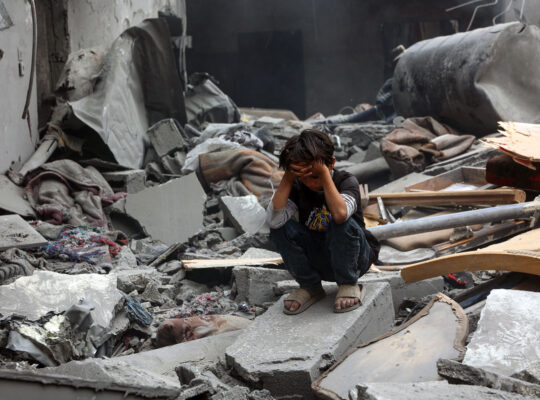
The War We Don’t See
Journalist and humanitarian Arwa Damon returns to the podcast to discuss why she was recently denied entry into Gaza, the reasons why wars vanish from the public eye, and the personal cost of her years witnessing conflict.

Humiliation Entrepreneurs
Humiliation has become inextricable from the exercise of U.S. power. It is tempting to attribute this development to Trump alone, but his role as humiliator-in-chief should be understood as part of a dynamic of humiliation and counter-humiliation going back to 9/11 and America’s response to it.
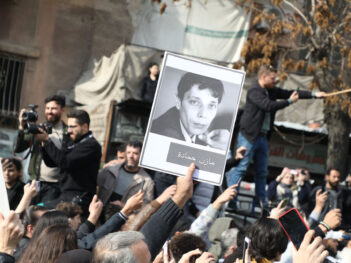
After War, What Does Justice Look Like?
Janine di Giovanni, executive director of The Reckoning Project, joins New Lines’ Faisal Al Yafai on the podcast after returning from a trip to Syria, as does New Lines’ Middle East Editor Kareem Shaheen.
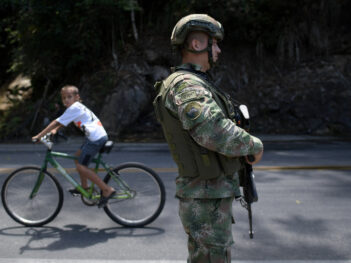
Colombia’s Long Road to ‘Total Peace’
After more than six decades of conflict, Colombia’s President Gustavo Petro pledged to achieve “total peace” in the country. But shifts in the nature of armed conflict, the proliferation of criminal gangs and the absence of meaningful reforms have impeded his goal.
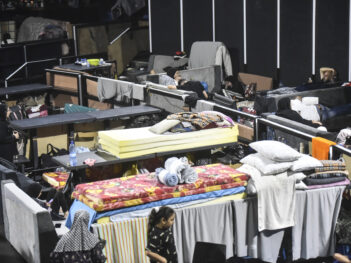
Sectarianism in the Shadow of Israel’s War on Lebanon
In 2024, the first major war in Lebanon since 2006 is reawakening old prejudices among many, but also testing the ideals of a new generation that came together in opposition to the ruling elites governing the country in 2019, in the biggest anti-government protests in the country’s modern history.
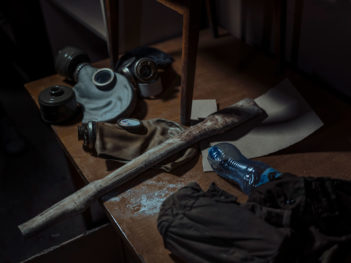
In Kharkiv, Ukraine Reveals a Network of Russian Torture Chambers
Proof of the horrors local residents were subjected to during more than six months of occupation was revealed on Sept. 19 in a dark and dust-filled basement under the police station in Izium, a strategic city in Ukraine’s northeastern Kharkiv region that was liberated in its latest offensive. Among the instruments used to terrorize people were Soviet-era gas masks that had been modified to prevent the victim from being able to breathe once it was placed on the face.
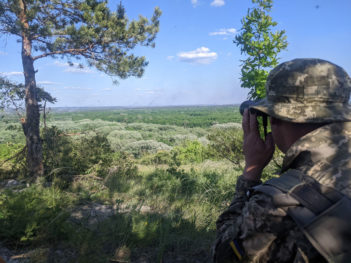
The Gruesome Battle of Donetsk
“Tonight, we had five raids. If we had air defense, it wouldn’t be happening. We have it, but not enough. It’s from the ‘70s and ‘80s. It’s too weak. We need modern air defense. We haven’t received any yet. And you also have to learn to use it first. It’s not like driving a car.”
